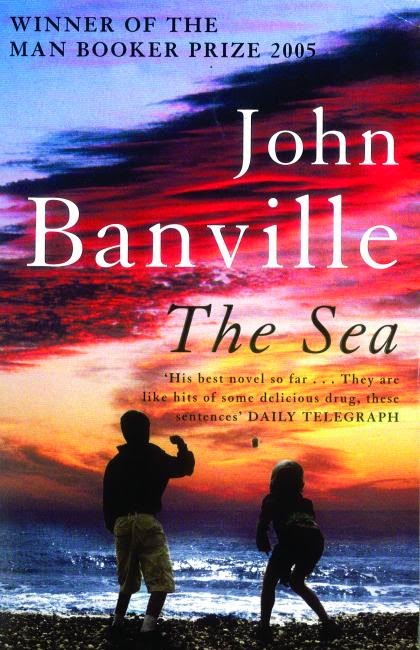Let’s keep the controversy surrounding this book, the fact that it had to go through one of the most controversial litigation away for a moment.
What is this novel about? The carnal pleasures
of life? Yes, to a great extent, but more than that it is the eruptive
discovery of what it could do to you; how it could change your life, kill the
faith in you; the nonsensical faith of being right and proper, of losing out
on, of suppressing a craving.
All along in a vulgar attempt to prostitute the rightful and just path, we have been taught to know a person, to judge him by his mind, his heart and not by his body. But can these be separated, is it justified? Is pleasure to be feared, to be subdued? How can anything you feel so good about, ecstatic about be ever wrong?
Lust by itself is lust alone, but mixed with the throes of desire fused with love, a pure kind can create that alchemy of desire that can stand alone, against the world in a form of gutsy rebellion; an inseparable bond between the body and the mind. Is it contemptuous to crave a wild fondling, to be touched in the right places, to enjoy the stickiness, to amaze at the pleasures that can be given, that can be taken, to arouse and douse the fire of the engines of creation; of shedding that skin of righteousness and being naked in the true sense of the body and mind?
D.H.Lawrence’s story written in 1928 is as contemporary as today; it’s eternal. Lady Constance Chatterley is trapped in a life with her crippled husband Clifford, his attempts with the pen, with his unworthy wordy friends. Clifford’s accident crippling him has bent permanently some part of her too; inside. She is resigned to be his caretaker rather than his companion. Her brush with the gamekeeper, Mellors turns out to be more than a mere brush and a scandalous affair breathes out a freshness in her; from his tenderness. Mellors, though of the so called low strata of society, is a true man of beliefs, of values that cannot be misconstrued in any form. That makes her care less about anything, anything at all. She contrives with her lover to be with him forever, to bear his child. In the language of the body and the punctuation of touch, she feels words are so vulgar.
It’s a rich story, high on emotions, composed beautifully. To attempt to comprehend ifLawrence
All along in a vulgar attempt to prostitute the rightful and just path, we have been taught to know a person, to judge him by his mind, his heart and not by his body. But can these be separated, is it justified? Is pleasure to be feared, to be subdued? How can anything you feel so good about, ecstatic about be ever wrong?
Lust by itself is lust alone, but mixed with the throes of desire fused with love, a pure kind can create that alchemy of desire that can stand alone, against the world in a form of gutsy rebellion; an inseparable bond between the body and the mind. Is it contemptuous to crave a wild fondling, to be touched in the right places, to enjoy the stickiness, to amaze at the pleasures that can be given, that can be taken, to arouse and douse the fire of the engines of creation; of shedding that skin of righteousness and being naked in the true sense of the body and mind?
D.H.Lawrence’s story written in 1928 is as contemporary as today; it’s eternal. Lady Constance Chatterley is trapped in a life with her crippled husband Clifford, his attempts with the pen, with his unworthy wordy friends. Clifford’s accident crippling him has bent permanently some part of her too; inside. She is resigned to be his caretaker rather than his companion. Her brush with the gamekeeper, Mellors turns out to be more than a mere brush and a scandalous affair breathes out a freshness in her; from his tenderness. Mellors, though of the so called low strata of society, is a true man of beliefs, of values that cannot be misconstrued in any form. That makes her care less about anything, anything at all. She contrives with her lover to be with him forever, to bear his child. In the language of the body and the punctuation of touch, she feels words are so vulgar.
It’s a rich story, high on emotions, composed beautifully. To attempt to comprehend if
The only personal opinion I make is - poor, really poor are the people who receive in life a companion who loves and lusts, with vigor and passion and is then taken for granted and not held worthy for doing so - such a shame, such a loss!
My Rating : * * * * * * * * * * - 7/10




